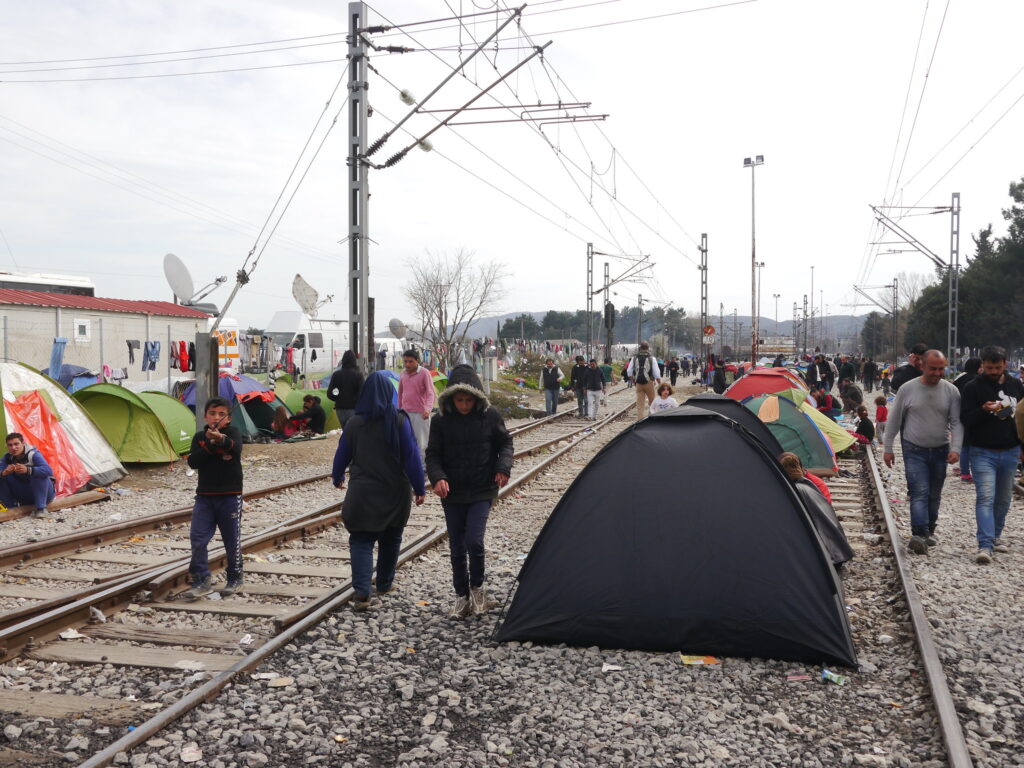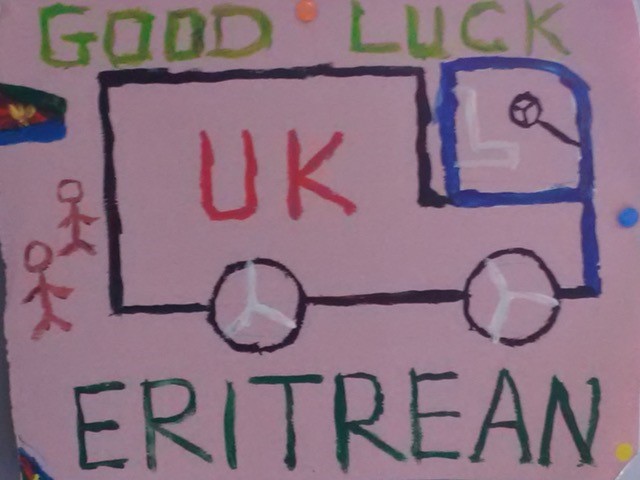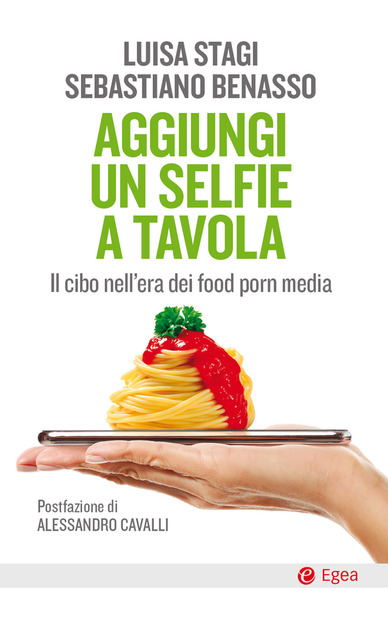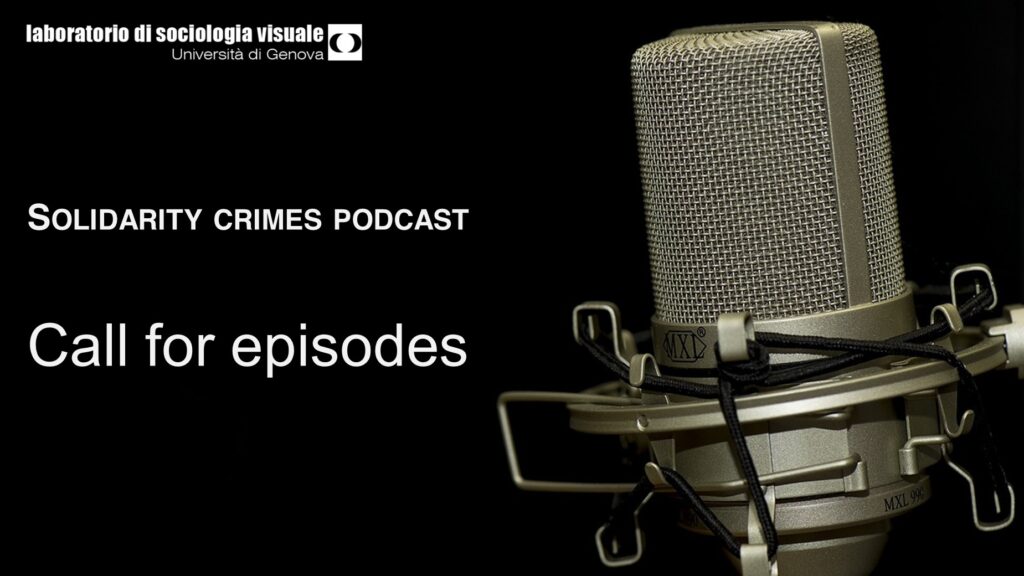Shahram Khosravi. A conversation about borders with an accidental professor

A new “Borderlands & Solidarities” podcast episode is out! In this passage, Livio Amigoni has a conversation with Shahram Khosravi, former cab driver, professor and writer, about different topics. They start from Khosravi’s last work ‘Waiting. A project in conversation‘ going, then, after to ‘Illegal travellers: An Auto-Ethnography of Borders‘. Furhtermore they touch the issue of academia and research activity highlighting how the ‘border’ is inside it. Finally, they touch the topic of smugllers and freedom of movement in the contemporary scenario.





